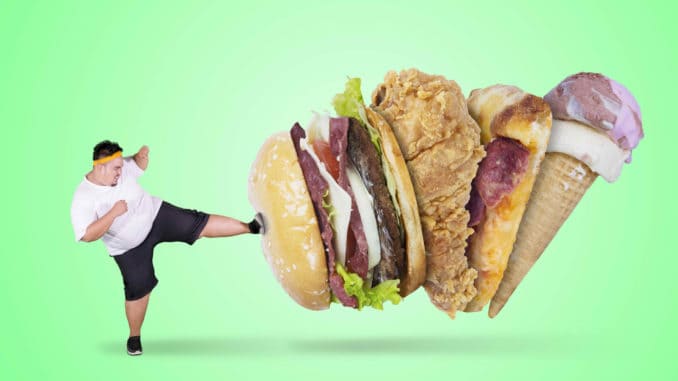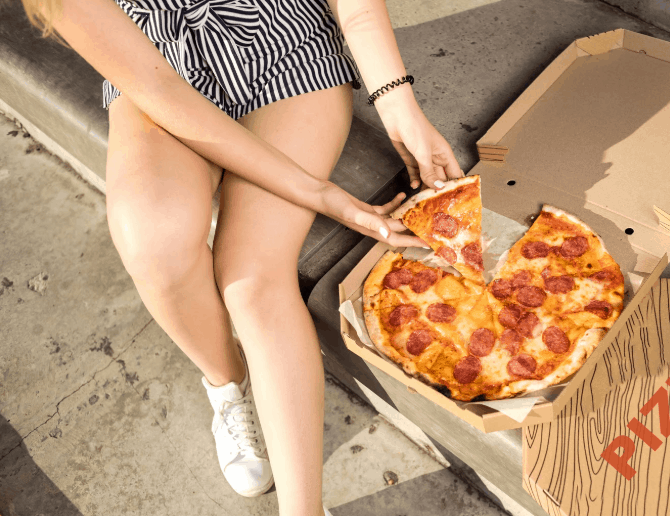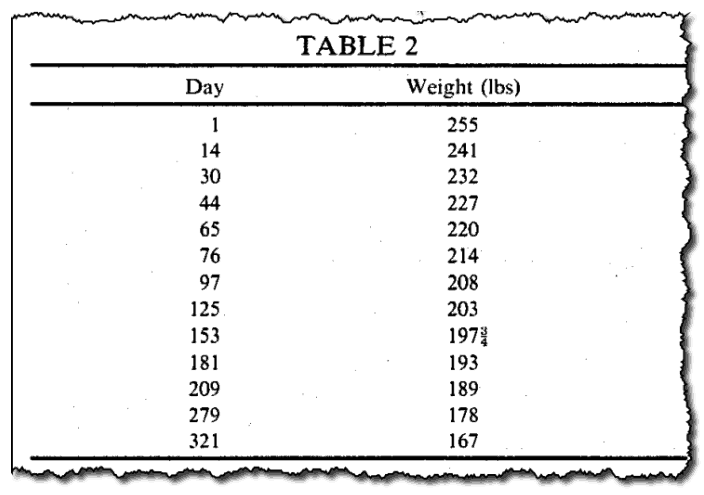
[cmamad id=”23467″ align=”center” tabid=”display-desktop” mobid=”display-desktop” stg=””]
The researchers call it “inhibiting lipolysis” – it lets you eat ice cream and burgers and even pizza – and melt the fat off…

—-Important Message—-
Doctor says: Eat more burgers and ice cream – but do THIS at the same time!
What if you could eat burgers and ice cream and drink beer and soda, and just waste the food energy and become thinner and thinner?
What if instead of storing the food as fat, your body burns it up as body heat?
What if you become leaner, and feel better than ever before?
And what if your sexual potency and powers get better and better?
This major study backs this up… It’s about fat burning (lipolysis) and thermogenesis (burning up food energy as heat instead of packing it on as belly fat.)

———-
Strange hack lets you eat burgers/ice cream and still lose fat
Losing weight can make you sicker and cause your metabolism to fall. Read today’s newsletter to discover a way AROUND that problem.
Okay… So most people lose a few pounds through restrictive dieting and then, BOOM, gain it all back.
This yo-yo effect can REALLY screw up your metabolism over time and make it harder and harder for your body to lose weight.
And tons of people struggle with this.
Look… I don’t believe in restrictive diets – other than restricting fat – and I like to find hacks that really work.
I’m a big believer that if you understand how your body really works, in many cases you can get it to work better for you.
Hacks work WITH your biology to help you lose weight without tons of crazy restrictions that make a diet hard to follow and stick to.
It’s a big advantage over traditional dieting… Simply because it’s so much easier.
You may have heard that you shouldn’t eat super-late at night because it makes you gain weight.
Most people think this is an old wives’ tale, but there is actual science behind it.
People who eat earlier are often thinner.
Here’s how it works…

Does eating late make you fat?
There have been some studies in the past that suggest that eating late at night is linked to obesity.
But the evidence wasn’t super-clear.
[cmamad id=”23468″ align=”center” tabid=”display-desktop” mobid=”display-desktop” stg=””]
According to the lead author of this study, Adnin Zaman, M.D., of the University of Colorado:
“‘Previous studies have suggested that later timing of eating and sleeping are related to obesity.”
Because of new technology, the scientists were able to measure this correlation a lot more accurately.
The technology they used to measure eating patterns and weight gain…
The researchers used three different types of technology to get accurate readings on the people they were studying.
This technology measured activity, sleep, and meals with a fair degree of accuracy.
“Participants wore an activPAL electronic device on their thigh. This device measured how much time they spent in physical and sedentary activities. They also wore an Actiwatch, which assesses sleep/wake patterns. Participants were asked to use a phone app called MealLogger to photograph and time stamp all meals and snacks throughout the day.”
It turns out that people who were overweight ate later into the day…
And that night eating is linked directly with weight gain.
“We used a novel set of methods to show that individuals with overweight or obesity may be eating later into the day…”
The scientists believe that by simply shifting our eating times to earlier, people can lose weight.
“These findings support our overall study, which will look at whether restricting the eating window to earlier on in the day will lower obesity risk.”
The best part is – this is easy to do.
Many people find that making a rule about not eating after a certain time is super-effective at shifting eating times earlier.
So perhaps the rule is I don’t eat after 7PM.
(Note that some people SHOULD eat something before bedtime… If people aren’t sleeping well, eating a little gelatin, milk, or ice cream can help them sleep better…)
Another strategy is to eat a big lunch and then eat a smaller dinner.
This tends to create earlier eating patterns as well.
By shifting the eating time up, you can take advantage of this biological reality that eating late causes weight gain for many people.
If you decide to do this, make sure you also create replacement behaviors for when you would normally eat in the evening.
Otherwise, you might find yourself reaching for a bag of chips.
A replacement behavior can be something as simple as doing a crossword puzzle or playing a computer game instead of eating.
Understanding your biology so you can “hack” your body can pay big dividends in making weight loss much, much easier.
—-Important Message—-
This 1920s study reveals how men are burning fat without exercise (and getting better erections)
It’s shocking that most doctors and scientists say it’s impossible to lose weight without exercise today – just check this study result for an “average” man’s loss of fat…

This wasn’t unusual; it was TYPICAL…
And these men did NOT diet… They ate what they wanted and were NEVER hungry…
So, this got me hitting the books… I needed to find out how to burn that fat safely…
The key is to recognize that the body is always burning fat 24 hours a day, seven days a week.
Every cell burns fat, even at rest.
The average male body burns about 1,800 calories of fat per day, even if the man does not get out of bed.
You can actually eat as much as you want and never go hungry and you will lose weight automatically…
…if you can simply get your body to burn the fat that’s already there.
When I tried this 1920s method, I began losing a few pounds a week. And I never let myself ever get hungry.
I found this the easiest way of eating that I had ever experienced.
No more cutting calories.
No more counting carbs.
And no more skipping meals.
And as an added bonus, I started getting much better erections every single day.
Here’s the 1920s method men are using to melt away fat without exercise and restore great erections…
———-

- Eating later in the day may be associated with obesity https://www.sciencedaily.com/releases/2019/03/190323145204.htm
- Timing of food intake predicts weight loss effectiveness - NCBI https://www.ncbi.nlm.nih.gov/pmc/articles/PMC3756673/
- The Case for a Breakfast Feast - The New York Times https://www.cuimc.columbia.edu/news/new-york-times-case-breakfast-feast
